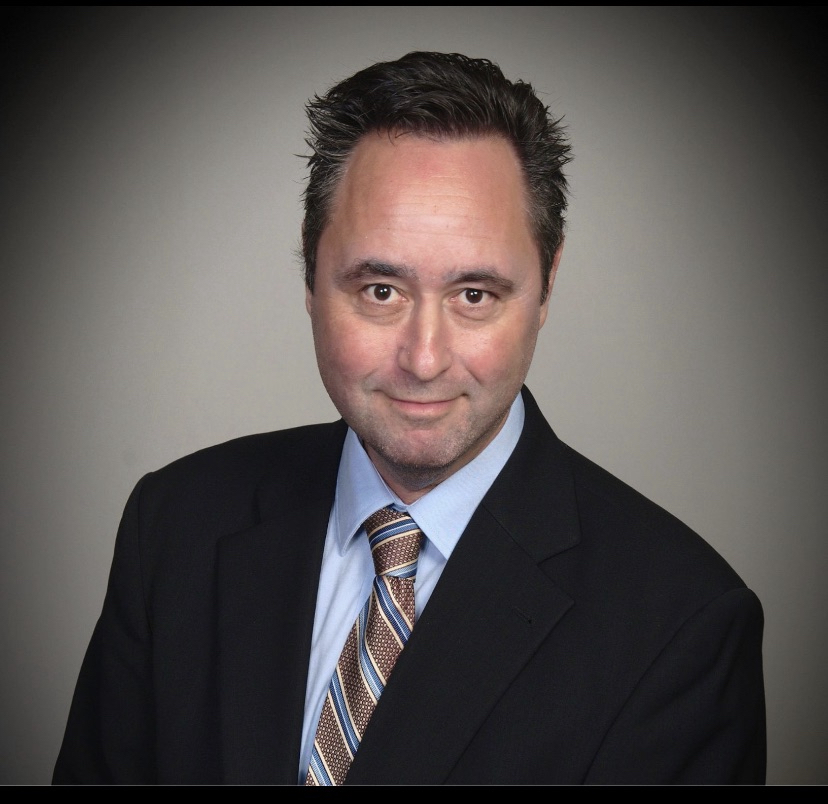news
Presidential debates: Do they really influence voters today?

Millions of Americans are expected to tune in at 9 p.m. on Thursday, June 27, to watch the first presidential debate between President Joe Biden and former President Donald Trump. The debate will take place in Atlanta. The question is, will this debate influence how people vote in November?
Dr. David Felsen of Georgia Gwinnett College (GGC), has taught U.S. government, holds a doctorate from Oxford University in the United Kingdom, and has lectured on American and global politics in the U.S. and abroad. He believes that this presidential debate will be as relevant as past debates.
“While the country is extremely polarized today, many voters are unimpressed with both presidential candidates,” notes Felsen. “A sizeable number of Americans may decide not to vote. That is why this debate matters. Both Republicans and Democrats want to capture that small but important sliver of the electorate that is still on the fence, particularly in swing states like Georgia.”
What should viewers look for in this debate?
“Voters will be watching for several things in this debate. Undecided voters want to see one of the two candidates say something that might dispel negative views and address issues that are important to voters. Voters also want to see whether the candidates, who are both older candidates by historical standards, demonstrate their fitness for office.”
Historically, presidential debates are televised so that voters can get an up-close view of the two candidates, learn the candidates’ positions on a series of domestic and foreign policy issues, and see how presidential hopefuls perform under close questioning by moderators who generally are members of the news media.
The four Kennedy-Nixon debates of 1960 were the first televised debates. Historians have noted that these debates helped define the images of the two candidates and shaped the course of the presidential campaign.
Of particular note during the first debate, Nixon’s facial stubble showed unflatteringly against the black and white background, and during the debate Nixon’s excessive sweating began to make him appear unhealthy or even sinister. Nixon had refused to use makeup for the debate. By contrast, Kennedy, who did agree to use makeup, maintained his boyish good looks throughout the evening. These debates helped seal Kennedy’s eventual victory in 1960.
